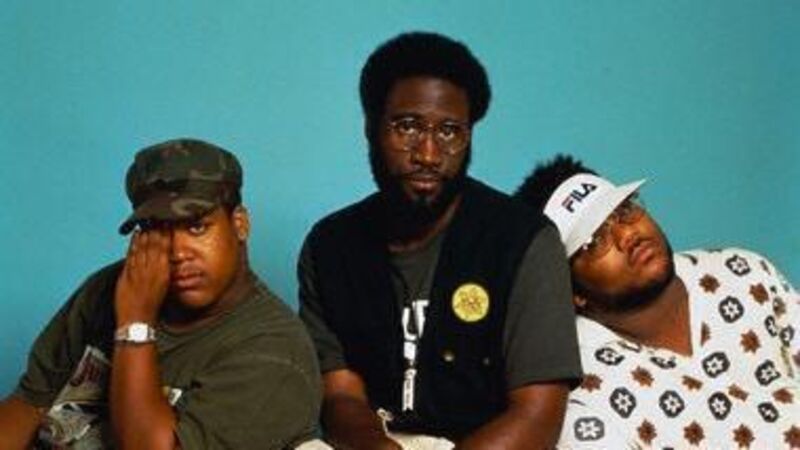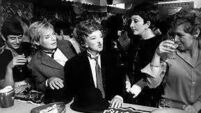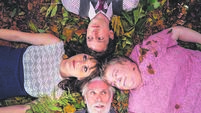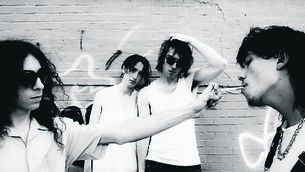Stevie G: Always a good time to be a DJ

De La Soul’s lyrics turned out to be prophetic, but is there a ‘Magic Number’ of DJs?
Throughout the 90s in Cork, it seemed that everybody really did want to become a DJ, and record sales were through the roof at a time when vinyl was being phased out by the major record companies. Many young DJs eventually grew out of it, and during the 2000s I remember a time when another of De La Soul’s statements became true. After Eminem’s movie, many of the youngsters suddenly wanted to become MCs and rappers, and this far more economically viable hobby led to a kind of golden age for rap here in Cork, where loads of great young MCs developed their craft.
I would argue that in the 2010s more people actually learned how to produce the music rather than DJing and rapping, and the clubscene of the day reflects that, where much fewer opportunities were on offer. Producing music also became much cheaper and more accessible in this era. Things always go in cycles, however, and the pandemic brought a wave of new DJs to the turntables.
The turntables are usually DJ controllers these days, and DJing is bigger than ever, though the club scene does remain fragmented at best. We live in an online world more than ever though, and while we’ve chilled on the post covid streaming slightly, there are more DJs than ever posting clips and content in 2025. Many older DJs are up in arms and moaning about this, and complaining that the barriers to entry are now gone, but I’d argue that this is a welcome development, and that DJing is a great hobby.
I think one of the big gripes is with technology and, yes, anyone can mix these days and press a button called Sync. But mostly, this is just another DJ tool and a technological advancement. It won’t turn you into Jazzy Jeff unless you have the talent — and talent, creativity, and practice are still gonna separate the bad and the good from the great.
Another technological gripe comes from DJs who play only vinyl, but this in itself is another part of gatekeeping culture that is full of hypocrisy. I can comfortably speak on this as a DJ with an extensive vinyl collection, but I bought these records mainly when I was actively DJing five or six nights a week. How can someone afford to buy vinyl unless they are from a privileged background or making loads of cash? These days, the prices are more expensive than ever, and even the second-hand stuff is priced high.
Many of the best DJs have come from modest backgrounds, and in 2025 the talented next generation should not be excluded just because they haven’t got a trust fund or the ability to spend thousands on records. Also, those of us playing new music can’t afford to wait around for vinyl to be pressed, and if you play genres such as new afrobeats, jersey club, baile funk, and more, it will generally never get pressed on wax anyway.
DJing is a lot more democratic gender-wise these days too. I grew up in a time where tons of girls were DJing in Cork, but I looked back at the line-up to one of my first ever festivals the other day, and the lack of female DJs was very noticeable. At Homelands 99, it was nearly all white men on the decks — a similar festival in 2025 would feature lots of women and DJs of other colours too.
Again, there was always an element of this even when we didn’t have so-called influencers and Instagram but, again, I’d suggest that those who stick it out to DJing as a career are generally the ones who have a passion for it. It may seem glamorous on the outside but, like all hobbies, it requires a lot of time and effort to turn into a career, and generally the best ones will put in that work.
At the end of the day, it’s great that people want to share their music through DJing, and it’s great that DJ culture is more celebrated.







